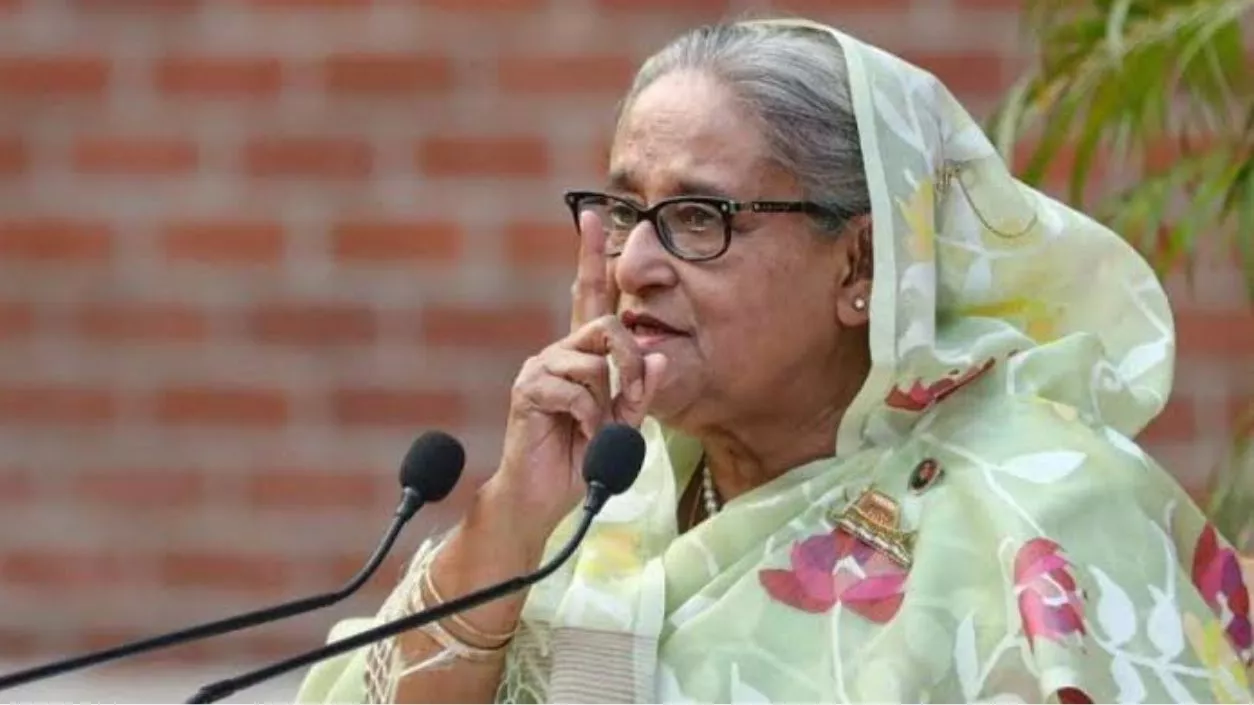.gif)
.gif)

Bangladesh’s International Crimes Tribunal (ICT) has formally charged former Prime Minister Sheikh Hasina with crimes against humanity for her alleged role in the 2024 crackdown on mass protests. The charges relate to widespread violence during student-led demonstrations that took place in July and August 2024, demanding changes to public sector job quotas. Hasina, along with former home minister Asaduzzaman Khan Kamal and former inspector general of police Chowdhury Mamun, is accused of orchestrating the violence.
According to the ICT’s chief prosecutor Mohammad Tajul Islam, the violence was a “coordinated, widespread and systematic attack” on protesters. He alleged that the accused “unleashed all law enforcement agencies and her armed party members to crush the uprising.” The indictment includes charges of abetment, incitement, complicity, facilitation, conspiracy, and failure to prevent mass killings. Prosecutors have submitted evidence including video footage, audio recordings, mobile phone data, drone logs, and testimonies from survivors.
Hasina stepped down as prime minister on August 5, 2024, after weeks of nationwide protests. According to the United Nations, approximately 1,400 people died during the clashes with security forces. Hasina left Bangladesh the same day and has since been residing in India. She has denied all allegations, calling the cases politically motivated.
This is the first time the ICT has allowed live television broadcast of its proceedings. The tribunal was originally established in 2009 to try individuals accused of committing war crimes during Bangladesh’s 1971 liberation war. In the current case, 81 witnesses are listed by the prosecution. Investigators have cited encrypted communications between government agencies and political groups as part of the evidence against the accused.
In a related case, the tribunal began its first trial on May 25, 2025, against eight police officers accused of killing six protesters on the day Hasina resigned. Four officers are in custody, and four others are being tried in absentia. The hearings continue as the tribunal proceeds with what it calls a major case of accountability in the country’s recent history.